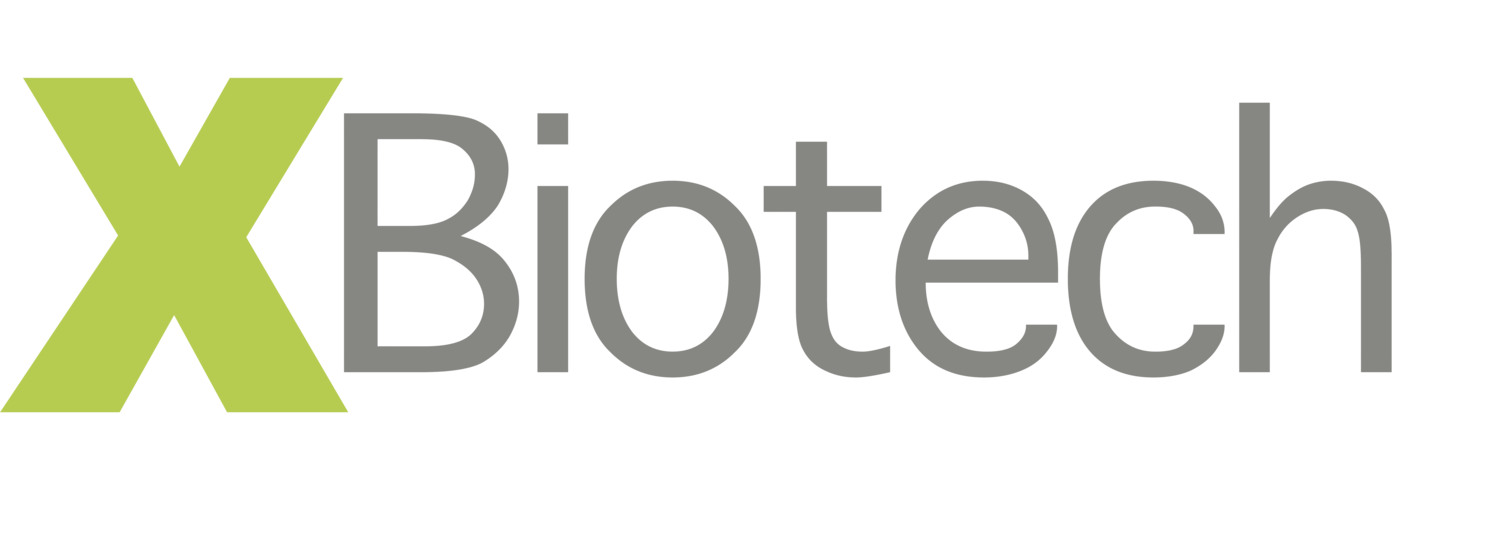XBiotech Announces Discovery that Blocking Interleukin-1a Reduces Brain Injury and Neurological Deficit After Stroke
Dr. Camici commented, “This study demonstrates the importance of IL-1α in mediating the damages caused by ischemic stroke and the efficacy of IL-1α blockade in improving outcome after transient cerebral ischemia in mice. The availability of a clinically approved anti-human IL-1α antibody could offer the possibility to establish new treatment strategies for the management of ischemic stroke patients. Based on our results, randomized clinical trials should be designed to assess the potential of anti-IL-1α therapy as an adjuvant to interventional or thrombolytic treatment of acute ischemic strokes.”
Dr. Camici’s research team focused on a particular difficult aspect of ischemic stroke, so called reperfusion injury. When patients suffer from a stroke, or a blockage in an artery that provides crucial blood and oxygen to the brain, a portion of the brain typically suffers irreparable damage. However, there is also typically a portion of the brain that has been deprived of oxygen but is functional and may be rescued if the blood clot is removed and normal circulation can be restored. Unfortunately, when the blood clot is removed and blood supply resumes into areas of the brain where oxygen had been deprived, a massive inflammatory response occurs. This ensuing inflammation is believed to be responsible for the so called “reperfusion injury” that is observed with the returning blood supply. The result is widening destruction of brain tissue upon opening of the clogged artery and associated irreparable neurologic deficits. Therefore, decreasing this inflammatory response by inhibiting IL-1⍺ holds promise as an effective treatment for reperfusion injury. There is currently no therapy to treat reperfusion injury.
Dr. Camici’s group blocked an artery in the brain in animals to simulate a human stroke. Then after time, researchers reopened the artery to mimic the reperfusion treatment (and subsequent injury) a stroke patient may receive in a hospital. The brains and function of the animals treated with anti-IL-1⍺ antibody were compared to control animals to observe the extent of reperfusion injury. The findings were significant: animals treated with anti-IL-1⍺ antibody had a 36% reduction in brain damage (ie, reduction in reperfusion injury) and these antibody treated animals retained significantly better neurological function, as measured by activity tests, compared to controls.
The findings demonstrate a crucial role for IL-1⍺ related inflammation in brain injury, which occurs after a blocked artery in the brain is opened and blood returns to the affected area. In patients that suffer a stroke, the opening of a blocked artery in the brain is performed as soon possible using catheter devices and clot inhibiting drug therapy. However, artery reopening and resumption of blood supply is associated with expanded injury and loss of brain function, such as cognitive or physical impairment.
In this research, treatment with an antibody that blocks IL-1⍺ was given after artery blockage and just prior to resumption of blood supply to simulate a stroke. The antibody treatment was found to inhibit inflammation in blood vessels and brain cells that had suffered a lack of oxygen supply as a result of the blocked artery. Decreased inflammation caused by IL-1⍺ blockade is believed to be the contributing factor for the reduction in brain damage and improvement in neurological function observed in the animals that received the IL-1a blocking antibody treatment.
About XBiotech
On
In addition to recent sale of its anti-IL-1⍺ antibody,
To accelerate advance of the Company’s pipeline, the Company is expanding its existing manufacturing and research center, and planning to build an additional 30,000ft2 infectious disease research & development center on its 48-acre property in
About True Human™ Therapeutic Antibodies
XBiotech’s True Human™ antibodies are the only available antibodies derived without modification from humans who possess natural immunity to certain diseases. (Unlike all commercially available antibodies, which are called “Humanized” or “Fully Human,” XBiotech’s True Human™ antibodies are directly sourced from the natural human immune response for specific diseases without modification.) XBiotech’s True Human antibodies have the potential to harness the body’s natural immunity to fight disease with unprecedented safety, efficacy, and tolerability.
Cautionary Note on Forward-Looking Statements
This press release contains forward-looking statements, including declarations regarding management's beliefs and expectations that involve substantial risks and uncertainties. In some cases, you can identify forward-looking statements by terminology such as "may," "will," "should," "would," "could," "expects," "plans," "contemplate," "anticipates," "believes," "estimates," "predicts," "projects," "intend" or "continue" or the negative of such terms or other comparable terminology, although not all forward-looking statements contain these identifying words. Forward-looking statements are subject to inherent risks and uncertainties in predicting future results and conditions that could cause the actual results to differ materially from those projected in these forward-looking statements. These risks and uncertainties are subject to the disclosures set forth in the "Risk Factors" section of certain of our
Contact
aotero@xbiotech.com
512-386-2930
Source: XBiotech Inc.

